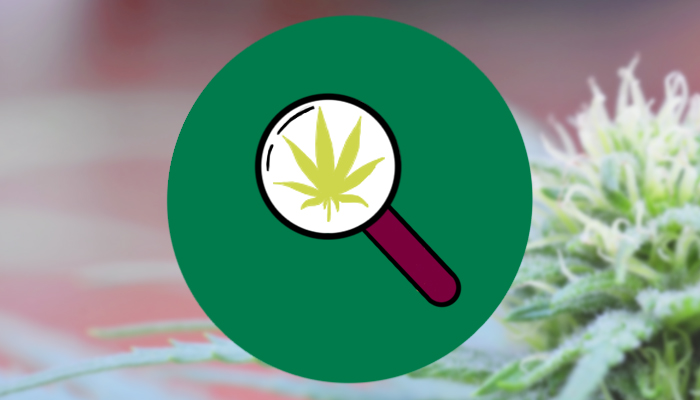Does cannabis use among adolescence predict subsequent depression, anxiety, and suicidality in young adulthood?

Why was this study conducted? What does this study add? Is there anything else I should know? Gobbi G, Atkin T, Zytynski T, Wang S, Askari S, Boruff J, Ware M, Marmorstein N, Cipriani A, Dendukuri N, Mayo N. Association of cannabis use in adolescence and risk of depression, anxiety, and suicidality in young adulthood. A systematic review and met-analysis. JAMA Psychiatry Epub. February 13, 2019
Gobbi G, Atkin T, Zytynski T, Wang S, Askari S, Boruff J, Ware M, Marmorstein N, Cipriani A, Dendukuri N, Mayo N. Association of cannabis use in adolescence and risk of depression, anxiety, and suicidality in young adulthood. A systematic review and met-analysis. JAMA Psychiatry Epub. February 13, 2019
Why was this study conducted?
Cannabis is one of the most commonly-used recreational drugs used by adolescents. It is important to understand whether, and to what extent, cannabis use during adolescence impacts mental health status in later life. To evaluate longitudinal effects of cannabis use in this population , researchers at McGill University identified 11 studies (involving a total of 23,317 participants) that assessed levels of cannabis use, depression, anxiety, suicidal thoughts (ideation) and suicide attempts prior to age 18 (baseline) and later in life (between ages 18 to 32 years).
What does this study add?
Compared to nonusers, those who used cannabis during adolescence had a 37% increased risk of developing depression in young adulthood (OR=1.37, 95% CI 1.16-1.62), 50% increased risk of suicidal thoughts (OR=1.50, 95% CI 1.11-2.03) and a more than three times greater risk of suicide attempts (OR=3.46, 95% CI 1.53-7.84). There was no statistically significant difference in the risk of developing anxiety (OR=1.18, 95% CI 0.84-1.67).
Is there anything else I should know?
The presence of these associations across studies increases the strength of the evidence for the observed associations. The authors note that the individual-level risk of negative mental health effects is low. However, given the high prevalence of adolescent cannabis use (e.g., in 2015, 20.6% of Canadian youths aged 15 to 19 reported past-year cannabis use), recreational cannabis use could put a large number of youth at risk of later mental health problems. The population-based danger of adolescence cannabis use should be considered when developing cannabis access policies.
Latest, Research - Addictions and Mental Health